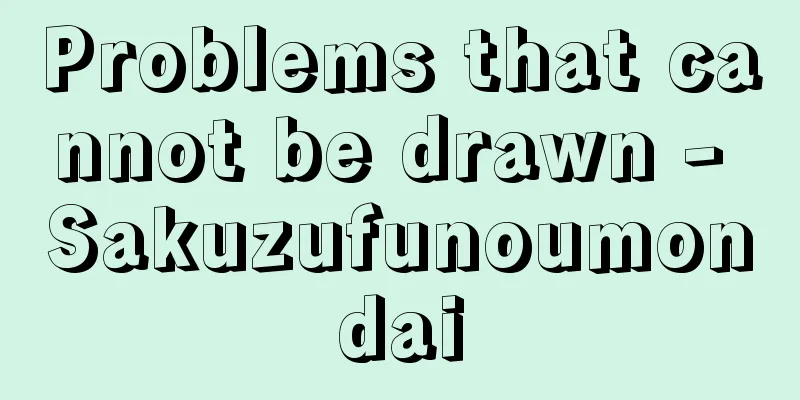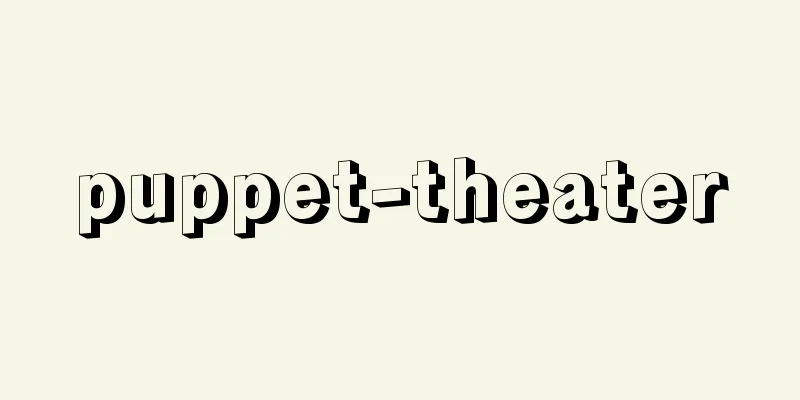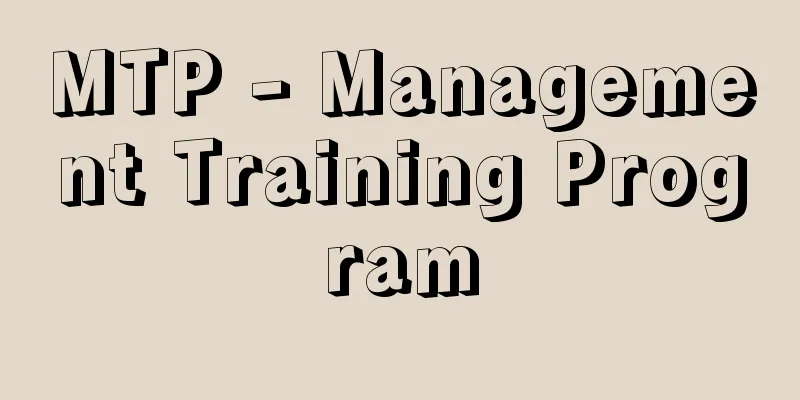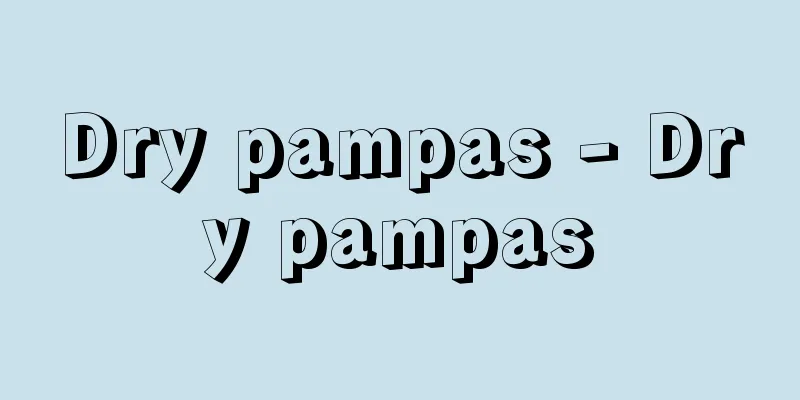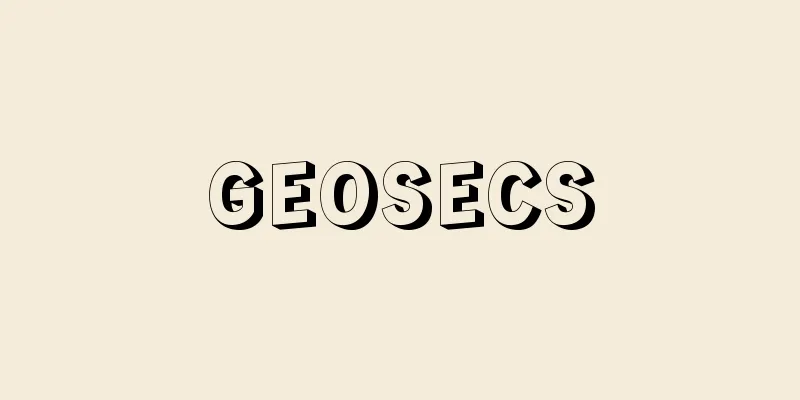Right to know
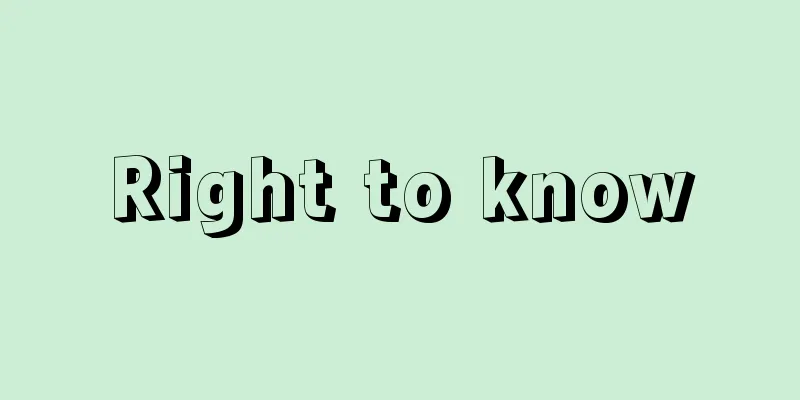
|
The right of access for citizens to freely obtain information on national politics. It has a negative aspect of a right of freedom, that is, to receive information freely without being hindered by public authority, and a positive aspect of a right of demand, that is, to demand that national institutions actively provide and disclose information. The guarantee of freedom of expression stipulated in Article 21 of the Constitution of Japan is not only the freedom of those who express themselves, but also the corresponding freedom of information for the recipients of expression. However, as the scope of the state's administrative activities expands, the number of state secrets increases, and with the development of the mass media industry, the people are placed in a passive position in the information distribution process in society, simply receiving the information that is given to them. Under these circumstances, it has become considered necessary for the people, who are the recipients of information, to actively assert their right to know in order to obtain the information they need. The concept of the right to know was established in the United States after World War II. In particular, in the Vietnam Secret Documents Incident (Pentagon Papers Incident) of 1971, this idea played a major role in supporting the media's argument that it was legitimate to publish in newspapers secret documents that shed light on the decision-making process of US policy in Vietnam. [Junichi Hamada] functionThe right to know can be considered to have two functions. One is a function of individual rights, and in today's so-called information society, it is essential for individuals to have access to sufficient information in order to pursue happiness and live a healthy and cultured life. Justice Shikikawa Kotaro's dissenting opinion in the Supreme Court ruling on Sade's The 120 Days of Vice case (October 15, 1969) was the first to touch upon the idea of "freedom of knowledge" regarding sexual expression, and he based this freedom on the right to pursue happiness in Article 13 of the Constitution of Japan. The other function of the right to know is a function of suffrage, and citizens must be able to receive sufficient information in order to form their own political will, which is a prerequisite for democratic political processes. The Supreme Court's decision on the Hakata Station Footage Submission Order Case (November 26, 1969) and the Supreme Court's decision on the Ministry of Foreign Affairs Diplomatic Cable Leak Case (Okinawa Secret Agreement Exposure Case) (May 31, 1978) emphasized the importance of the people's "right to know" in a democratic society, and defined the freedom of the press and freedom of reporting of media organizations and newspaper journalists as "in service" of this right. [Junichi Hamada] Information DisclosureOne way to actively materialize the public's right to know is through the Freedom of Information Act. In the United States, the Freedom of Information Act was enacted in 1966 (substantially revised in 1974), which embodies three basic principles: (1) anyone may request disclosure of public documents; (2) disclosure of documents is the rule, with non-disclosure the exception; and (3) the decision on whether non-disclosure measures are appropriate is left to the courts. This law also stipulates nine items that are exceptionally kept secret, including records related to national defense and foreign policy, records regarding personal privacy, and investigative records. In the United States, the Sunshine Act was passed in 1976, which made meetings of deliberative administrative agencies public in principle. Today, the number of countries with Freedom of Information laws is on the rise, including the Nordic countries, Canada, Australia, Belgium, and the Netherlands, and in 1996, South Korea became the first country in Asia to enact a Freedom of Information law. In Japan, local governments began to enact information disclosure ordinances in the 1980s, and the Information Disclosure Law (officially titled the Law Concerning the Disclosure of Information Held by Administrative Organs) was enacted in 1999. The purpose of this law does not mention the "right to know," but it does state that, based on the idea of popular sovereignty, it aims to "fulfill the government's responsibility to explain its activities to the people" and "promote fair and democratic administration with the people's accurate understanding and criticism." This law adopts the idea of disclosure as a general rule, but at the same time, it makes exceptions to disclosure for personal information, corporate information, and decision-making process information, and allows for non-disclosure of information related to defense, diplomacy, investigations, etc., if the head of the relevant ministry or agency determines that there is "reasonable cause" to do so. [Junichi Hamada] "The Right to Know" by Yujiro Chiba (1972, University of Tokyo Press)" ▽ "The Theory of the 'Right to Know' by Nobuyoshi Ashibe (included in Lecture Series on Modern Society and Communication 3, 1974, University of Tokyo Press)" ▽ "The Right to Know" by Yasuhiro Okudaira (1979, Iwanami Shoten)" ▽ "The Theory of the Freedom of Information Act by Katsuya Uga (1998, Yuhikaku)" [References] | | | | | | | | |Source: Shogakukan Encyclopedia Nipponica About Encyclopedia Nipponica Information | Legend |
|
国の政治に関する情報を、国民が自由に入手する権利(アクセス権)。公権力により妨げられることなく自由に情報を受け取るという消極的自由権的側面と、情報の積極的な提供・公開を国家機関に対して要求するという積極的請求権的側面とをもっている。日本国憲法第21条に定められている表現の自由の保障は、単に表現活動を行う者の自由だけでなく、それに対応するものとして、表現の受け手の知る自由をも当然に保障しているものと考えられる。しかし、国家の行政活動の領域が広がってくるとともに国家秘密も増大し、また、マス・メディア産業の発達により、社会の情報流通過程において国民は、与えられる情報をただ受け取るだけという受動的な地位に置かれるようになってくる。こうした状況のなかで、国民が必要とする情報を十分に得るためには、情報の受け手である国民の側から、知る権利を積極的に主張することが必要であると考えられるようになってきた。知る権利の観念は、第二次世界大戦後のアメリカにおいて成立した。わけても1971年に起こったベトナム秘密文書事件(ペンタゴン・ペーパーズ暴露事件)では、アメリカのベトナム政策の決定過程を明らかにした秘密文書を新聞に掲載することが正当であるとする報道機関の主張を支えるうえで、この観念は大きな役割を果たした。 [浜田純一] 機能知る権利には二つの機能があると考えられる。一つは、個人権的機能であって、情報化社会といわれる現代社会では、個人が幸福を追求し、健康で文化的な生活を送っていくためには、十分な情報を利用できることが不可欠である。サド『悪徳の栄え』事件最高裁判決(1969年10月15日)における色川幸太郎裁判官の反対意見は、性表現をめぐっての「知る自由」という考え方に初めて触れ、この自由を日本国憲法第13条の幸福追求権のうちに基礎づけている。知る権利のもう一つの機能は参政権的機能であって、民主的な政治過程が前提とする個々の国民の政治的な意思形成のために、国民が十分な情報を受け取ることができるのでなければならない。博多(はかた)駅取材フィルム提出命令事件についての最高裁決定(1969年11月26日)や外務省公電漏洩(ろうえい)事件(沖縄密約暴露事件)についての最高裁決定(1978年5月31日)は、民主主義社会における国民の「知る権利」の重要性を強調し、報道機関や新聞記者の報道の自由、取材の自由を、この権利に「奉仕」するものであると意味づけている。 [浜田純一] 情報公開国民の知る権利を積極的に具体化する方法としては、情報公開法の考え方がある。アメリカでは1966年に「情報自由法」Freedom of Information Actが制定された(74年に大幅改正)が、そこでは、(1)「何人(なんぴと)」であれ公文書の開示を請求しうること、(2)資料の公開が原則で非公開は例外であること、(3)非公開措置が妥当かどうかの判断は裁判所にゆだねられること、の三つの基本原則が具体化されている。また、この法律においては、例外的に非公開とされる事項として、国防・外交政策に関する記録、個人のプライバシーについての記録、捜査記録など、9項目が規定されている。アメリカではさらに76年にサンシャイン法が成立し、合議制行政機関の会議は原則的に公開されることになった。 今日、情報公開法を有する国は、北欧諸国やカナダ、オーストラリア、ベルギー、オランダなど増加傾向にあり、1996年(平成8)にはアジアで初めて、韓国において情報公開法が制定された。 日本でも、1980年代に入って、地方自治体で情報公開条例が制定されるようになり、99年には情報公開法(正式名称は、「行政機関の保有する情報の公開に関する法律」)が成立した。この法律の目的として、「知る権利」ということばには言及されていないが、国民主権の理念を基礎に、「政府の有するその諸活動を国民に説明する責務」の全うと「国民の的確な理解と批判の下にある公正で民主的な行政の推進」が掲げられている。この法律は、原則開示の考え方を採用しているが、同時に、個人情報、法人情報や意思形成過程情報などについては開示の例外とし、とくに防衛・外交・捜査などに関する情報については、関係省庁の長の判断により「相当の理由」が認められる場合は、不開示にできるものとしている。 [浜田純一] 『千葉雄次郎著『知る権利』(1972・東京大学出版会)』▽『芦部信喜著「「知る権利」の理論」(『講座 現代の社会とコミュニケーション3』所収・1974・東京大学出版会)』▽『奥平康弘著『知る権利』(1979・岩波書店)』▽『宇賀克也著『情報公開法の理論』(1998・有斐閣)』 [参照項目] | | | | | | | | |出典 小学館 日本大百科全書(ニッポニカ)日本大百科全書(ニッポニカ)について 情報 | 凡例 |
<<: Shiruko - sweet red bean soup
>>: Silket processing - Silket (English spelling)
Recommend
Anderson, H.
...After that, he released a series of controvers...
Treaty of Arras - Arras no wa yaku
A treaty concluded in 1435 between King Charles V...
Pizzuto, Antonio
Born: 1893. Palermo [Died] November 23, 1976. Rome...
Immunology
The field of medicine that studies the mechanisms ...
Scolopendra subspinipes mutilans (English spelling) Scolopendrasubspinipesmutilans
...They are found in tropical, subtropical and wa...
Osa - Osa
...Productivist constructivism in Russia was crit...
Oryoushi - Oryoushi
Ryoge no kan was established in the Heian period....
Castanea sativa (English spelling)
…[Yoshiharu Iijima]. … *Some of the terminology t...
Katakuri (Erythronium japonicum) - Dog's tooth violet
A perennial plant of the lily family. It grows wid...
Blood sugar
Reference value Less than 110mg/dℓ (enzymatic met...
Yu Qian
A capable and upright official of the Ming Dynast...
Kirkman, TP - Kirkman
…If the three couples are A and a, B and b, and C...
Solzhenitsyn, Aleksandr Isaevich
Born: December 11, 1918, Kislovodsk [Died] August ...
international pound
…There are three types of balance: avoirdupois, t...
Zatvornik, I.
...Also, Christians were accustomed to sympathize...
